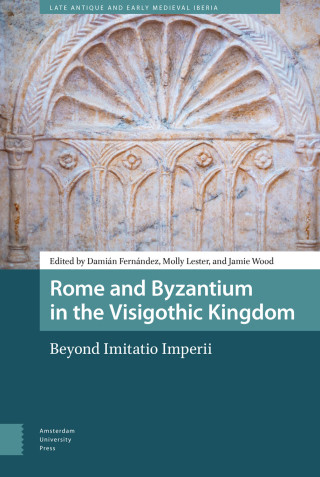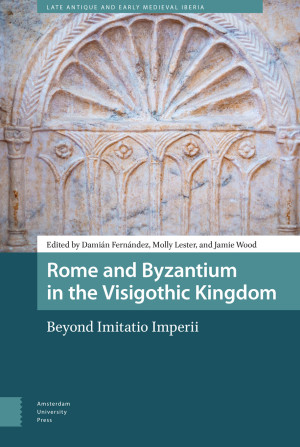(Damián Fernández, Molly Lester, and Jamie Wood), Introduction
1. (Céline Martin), Visigothic Spain and Byzantium. The story of a special (historiographical) relationship
2. (Ian Wood), The development of the Visigothic court in the hagiography of the fifth and sixth centuries
3. (Merle Eisenberg), Experiments in Visigothic Rulership: Minting and Monetary Reforms under Alaric II
4. (Margarita Vallejo Girvés), A comparison of Roman and Visigothic Approaches towards Exile
5. (Cecily Hilsdale), The Roman Jewel in the Visigothic Crown: A Reassessment of the Royal Votive Crowns of the Guarrazar Treasure
6. (Damián Fernández), Capitalhood in the Visigothic Kingdom
7. (Molly Lester), Making Rite Choices: Roman and Eastern Liturgies in Early Medieval Iberia
8. (Erica Buchberger), Ethnicity and Imitatio in Isidore of Seville
9. (David Addison), Re-imagining Roman Persecution in the Visigothic Passions
10. (Santiago Castellanos), Romanness in Visigothic Hagiography
11. (Graham Barrett), Empire and the Politics of Faction: Mérida and Toledo Revisited
12. (Jamie Wood), The agents and mechanics of connectivity: The Mediterranean world and the cities of the Guadiana valley in the sixth century
13. (Ann Christys), Staying Roman after 711?

